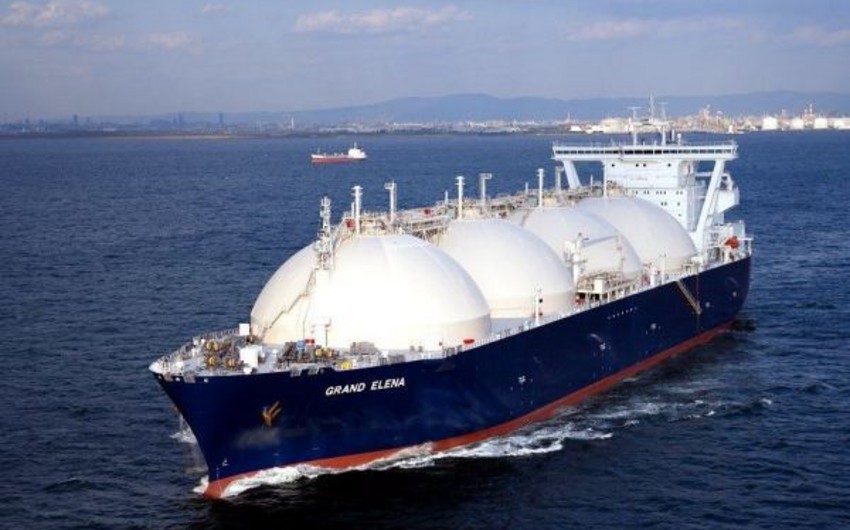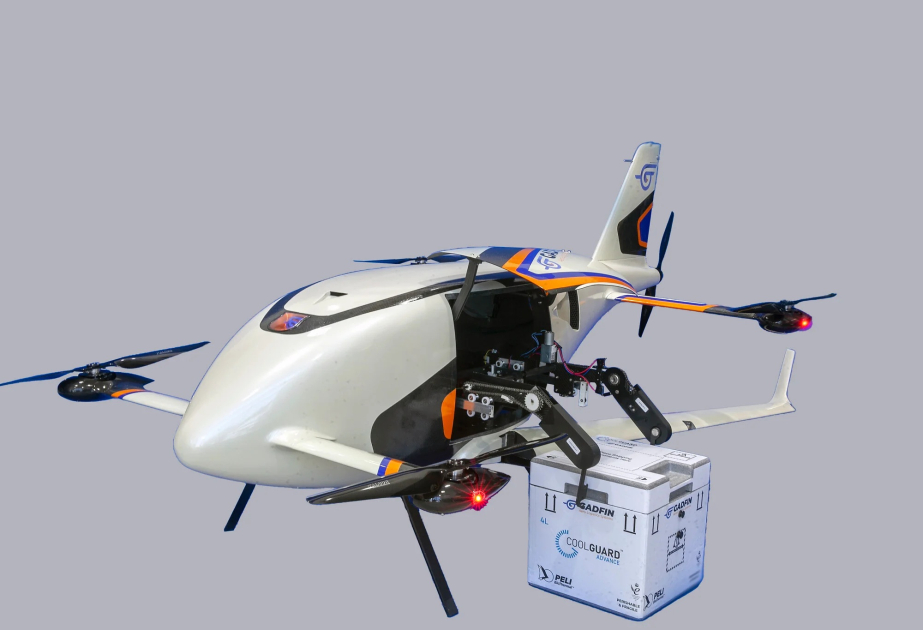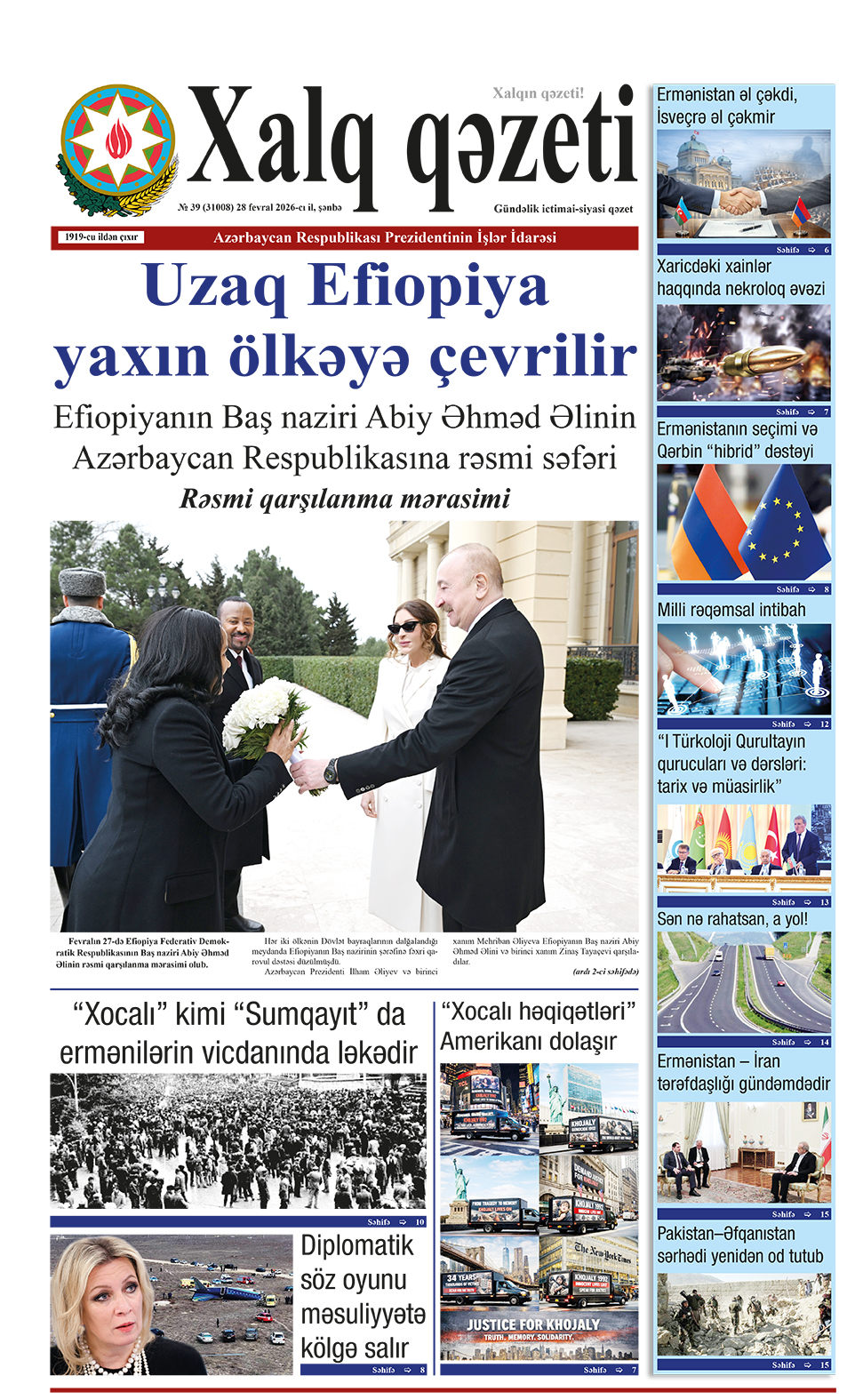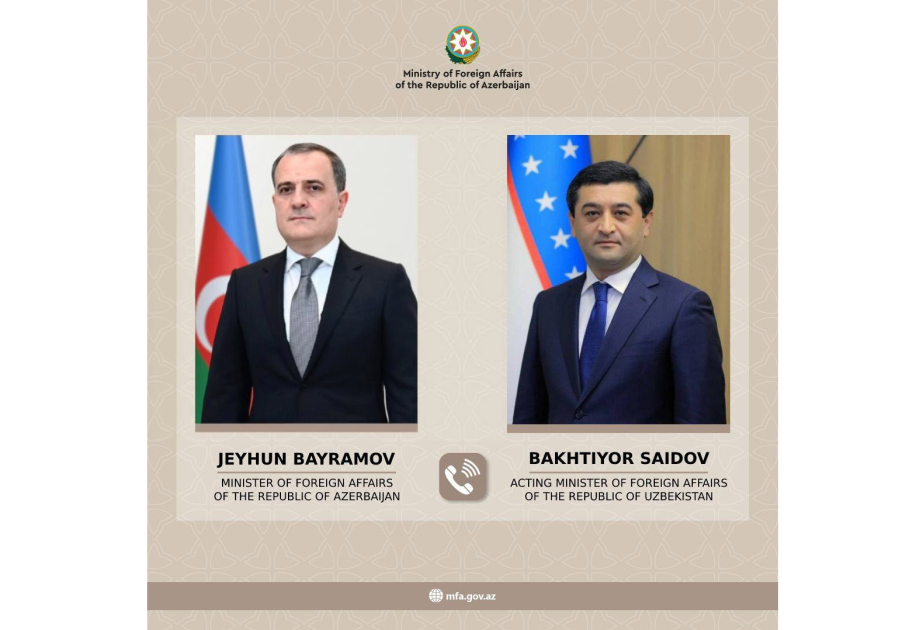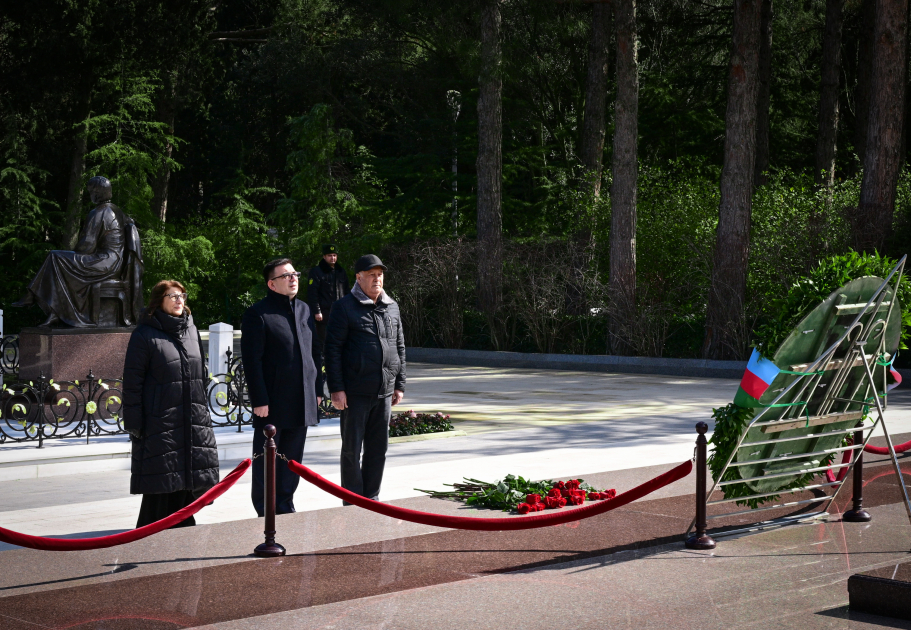Qatar paused sending liquefied natural gas tankers through the Bab el-Mandeb Strait after US-led airstrikes on Houthi targets in Yemen raised risks in the vital waterway, Report informs via Bloomberg.
At least five LNG vessels operated by Qatar that were heading toward the passage at the southern end of the Red Sea have been halted since Friday, according to ship-tracking data compiled by Bloomberg. A prolonged pause in supplies from Europe’s second-biggest LNG provider raises risks just as wintry weather grips the continent.
Still, it’s unlikely to result in any shortages in the near term. Europe is well stocked and industrial demand remains subdued. European benchmark gas prices declined as much as 3.7% on Monday, and are trading near the lowest level since August.
Three tankers carrying LNG to Europe have paused off the coast of Oman. Two other empty ships heading back to Qatar to reload have halted on the other side of the Bab el-Mandab — one in the Red Sea and the other in the Mediterranean Sea near the Suez Canal.
The Combined Military Forces — encompassing both the US and UK navies — advised merchant shipping to stay away from the danger zone in the southern Red Sea following the airstrikes on the Iran-backed militant group. At least three major oil tanker operators said they would avoid the area.
The Houthis haven’t attacked any vessels carrying gas since they started harrying ships in mid-November, but Qatar’s reluctance to transit the passage highlights the sharp increase in risks following the US-led strikes. The Persian Gulf nation — one of the world’s biggest LNG exporters — had until now been among a handful of gas suppliers continuing to use the Red Sea to send fuel to Europe.
Qatar is the biggest supplier of LNG to Europe after the US and would typically send exports via the waterway, given the alternative is the much longer route around the southern tip of Africa. It accounted for around 13% of Western European consumption last year.


